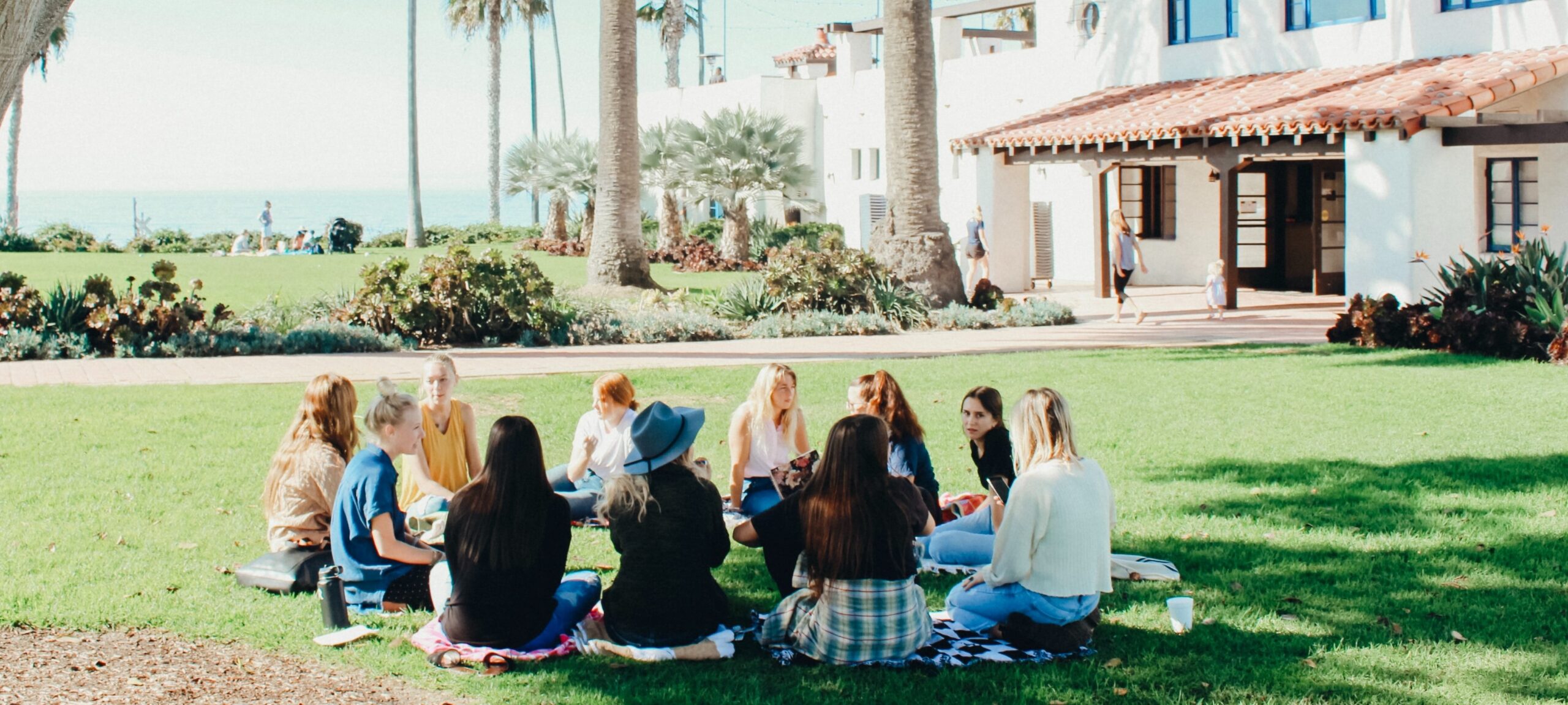At first glance, I was hesitant to the idea that learning about Discourse Communities was necessary. Why did we have to examine these communities? Fortunately, as I was reading John Swales, “The Concept of Discourse Community”, its importance finally became clear. Discourses have proven to be vastly prevalent in everyday life. In fact, they are inescapable and Swales made compelling points.
Growing up and being involved in many different sports teams, and clubs, I never really focused on the characteristics of what made the group I was in a group. I only ever viewed it on a surface level. All along these communities were made up by a common goal, methods of intercommunication, and feedback. As well as the utilization of genres, specialized vocab (Lexia), and higher-ups with expertise.
Looking back, after learning Swales’s six defining characteristics of a discourse community, I can easily identify them. They exist all around. A discourse community exists at my job, Ihop, and in my college club, The Reading Nook.
In the “2.5 Remaining Issues” section of the text, “.. so neither do I want to accept assimilation of world-view as criterial, So neither do I want to accept a threshold level of personal involvement as criterial” (Swales, 226). I found this interesting because before reading this, I was pondering whether personal involvement has a kind of effect on things. When someone is initiated into a discourse group, some kind of acceptance has to be granted. What happens if people within the discourse communities have some defining differences and can’t manage to be civil?
After reading, I think it is important to continue learning about Discourse Communities when asking questions regarding the complexities of discourses.
To see more visit Our Class Blog





Leave a Reply